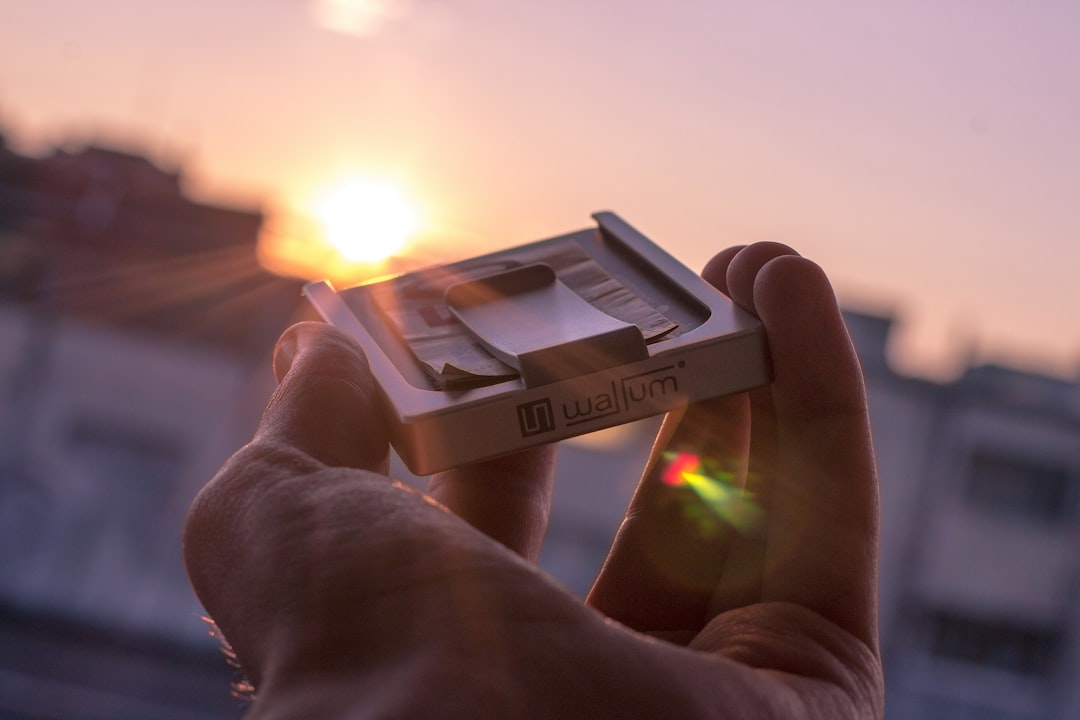The researchers examined the exchange of serialized product data between paired brands and retailers. The findings confirmed that a blockchain network was capable of sharing item-level data encoded in RFID tags between the participants. According to the white paper, the automation of serialized product data exchange using blockchain can potentially eliminate the need for human audits and counting, increasing the productivity and efficiency of the retail supply chain. As documented in Project Zipper, a 2018 Auburn University RFID Lab study and a precursor to CHIP, the presence of serialized data in the supply chain has grown rapidly as more brands adopt RFID tags and infrastructure to collect information on individual items flowing through their facilities. However, industry stakeholders reported poor item-level visibility due to a lack of data sharing. CHIP provides evidence that blockchain technology, in combination with a GS1 data-sharing standard called EPCIS (Electronic Product Code Information Services), allows partners to transmit data more directly and efficiently, while maintaining ownership of their data.
“CHIP is truly groundbreaking because it provides a vision into the future of information exchange in retail,” said Justin Patton, director, the Auburn University RFID Lab. “By exploring the intersection of RFID and blockchain technology, we’ve taken an important step in our mission to help rid the retail supply chain of costly errors and inefficiencies caused by outdated processes and legacy systems.”
“More widespread data sharing can unite the retail supply chain, however, blockchain technology is only as useful as the data that is shared by industry stakeholders,” said Angela Fernandez, vice president of community engagement, GS1 US. “Now that CHIP has confirmed the viability of using EPCIS to communicate serialized item data across the supply chain, adhering to a GS1 Standards-based framework is more important than ever.”
Later this year, the Auburn University RFID Lab will launch a follow-up pilot study, focusing on the financial implications of data exchange automation. Participants and researchers will more specifically test how a blockchain-based, serialized data solution can help eliminate claims and chargebacks that occur between brands and retailers.
For more information about CHIP, please visit https://rfid.auburn.edu/. To learn more about the role of GS1 Standards to support blockchain implementations, please visit www.gs1us.org/blockchain.





